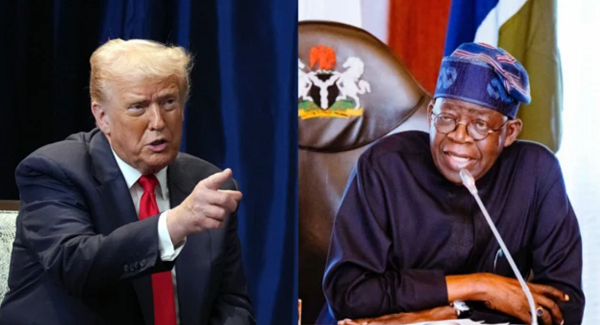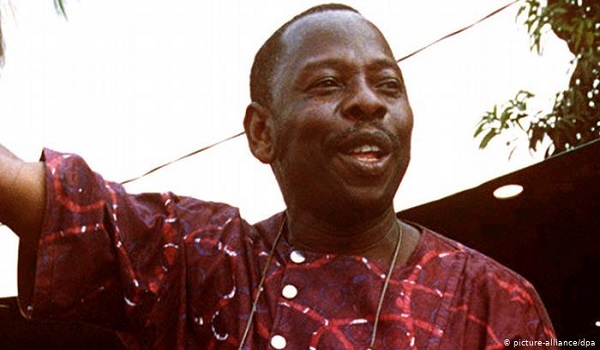
The Presidency on Sunday issued an abridged update on Nigeria’s counter-terrorism operations, detailing arrests, convictions and significant declines in terror-related deaths since 2023.
The update, posted on its verified X handle, @NGRPresident, came against the backdrop of renewed diplomatic tension following allegations by United States President Donald Trump alleging a genocide against Christians in Nigeria and designating the country a “Country of Particular Concern” (CPC).
Washington has also threatened sanctions and hinted at possible military action.
The Federal Government has repeatedly rejected the allegation, insisting the country faces a complex, decade-long security challenge driven by terrorism, banditry, and communal violence, not religious persecution.
The government maintains that the security crisis has claimed lives across all faiths and regions and continues to appeal to global partners, including the U.S., for support in its ongoing operations aimed at defeating the debilitating challenge.
In the update, the Presidency reaffirmed President Bola Ahmed Tinubu’s stance that “the security of Nigeria is non-negotiable,” stressing that enhanced inter-agency cooperation has led to stringent action against terrorists and insurgents since 2023.
According to the figures released, security agencies have “vigorously pursued, arrested, eliminated or successfully convicted” extremists linked to some of the country’s deadliest attacks.
The update disclosed that since 2024, over 124 terrorists and insurgents have been convicted by Nigerian courts, while several high-profile suspects, including leaders of Ansaru, those implicated in the 2022 Owo Church massacre, and those involved in the Yelwata reprisal killings in Benue, are currently undergoing trial.
The government highlighted a suite of counterterrorism measures, including strengthened joint security task forces, enhanced border patrols with regional allies, permanent joint operations in vulnerable corridors, increased compensation for victims of attacks, and deeper intelligence collaboration with international partners.
Citing measurable results, the Presidency reported that as of 2025, terror-related deaths in Nigeria have declined by 81% compared with 2015, attributing the improvement to intensified counter-insurgency operations and stronger engagement with affected communities.
It also revealed that over 13,000 terrorists were neutralised in the past year alone, while more than 124,000 fighters and their dependents surrendered to authorities.
The post added that more than 2.1 million internally displaced persons (IDPs) have returned to their communities, with many areas experiencing reconstruction and renewed stability.
Additionally, the Federal Government has instituted a Resettlement Scheme for Persons Impacted by Conflict to facilitate rehabilitation, rebuild destroyed settlements, and support reintegration efforts.
Despite these gains, the federal government continues to call for international partnership, insisting that global support remains crucial in dismantling terror networks operating across borders.



